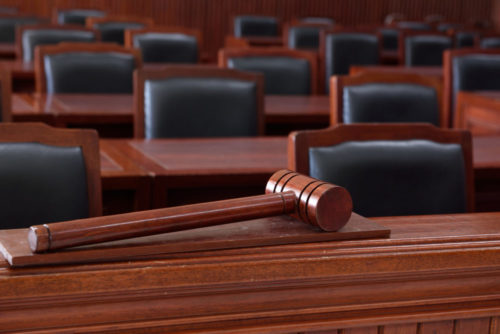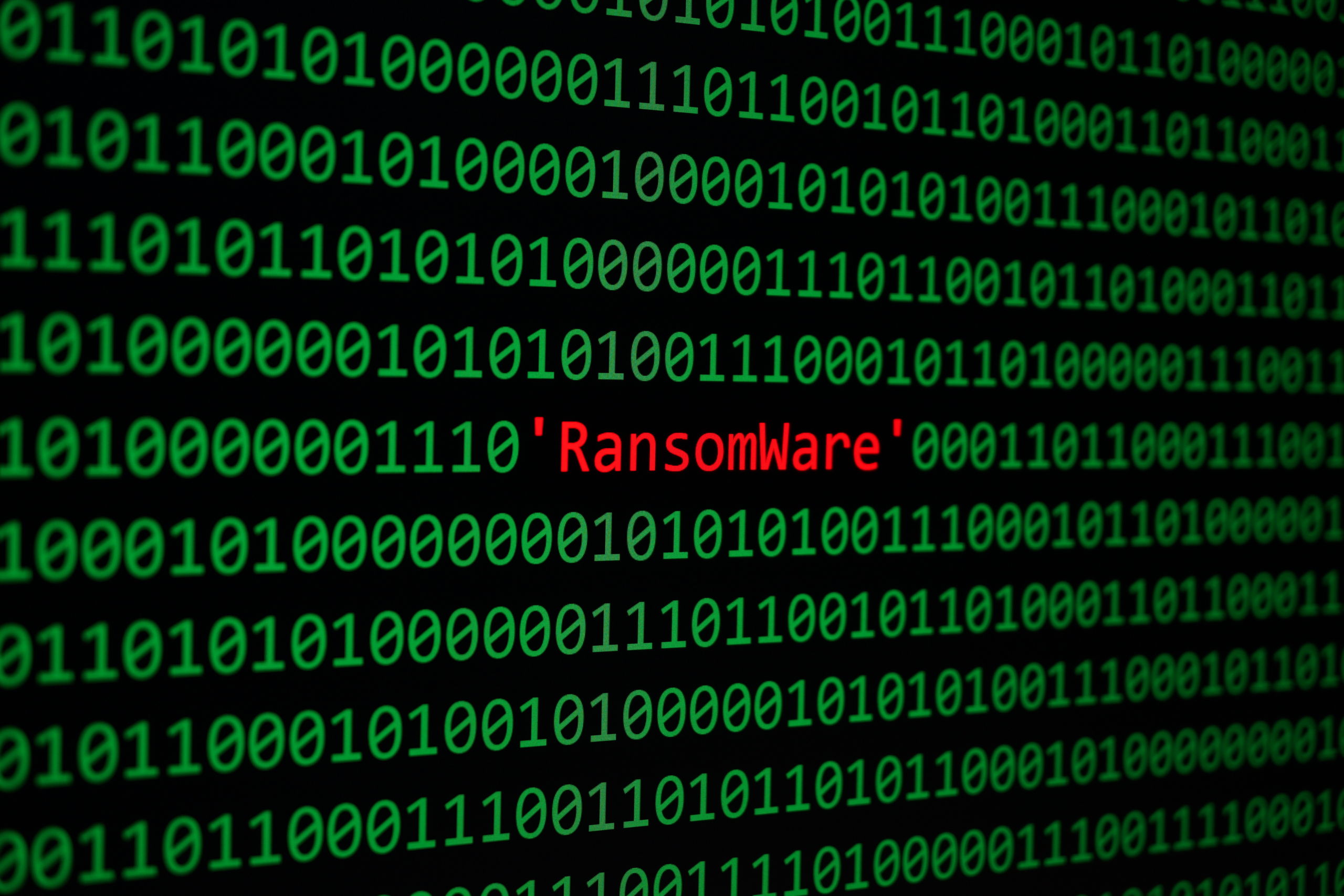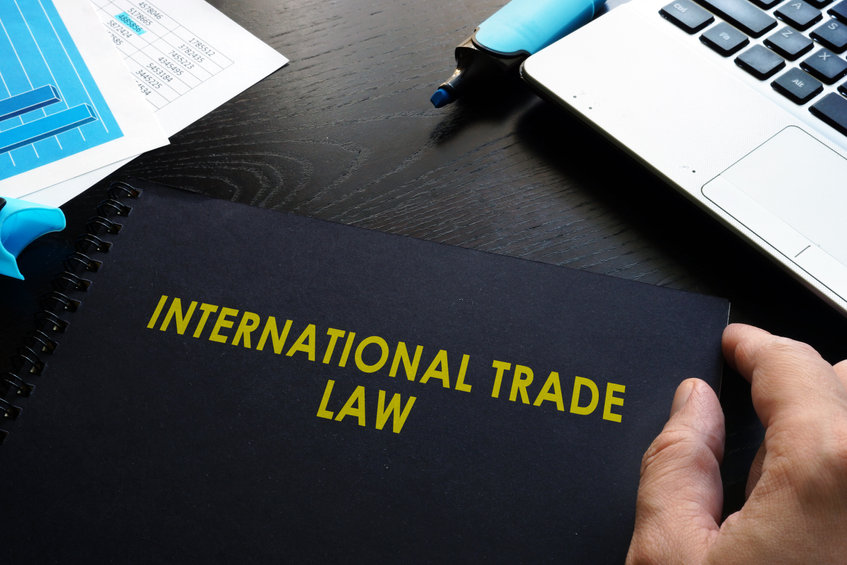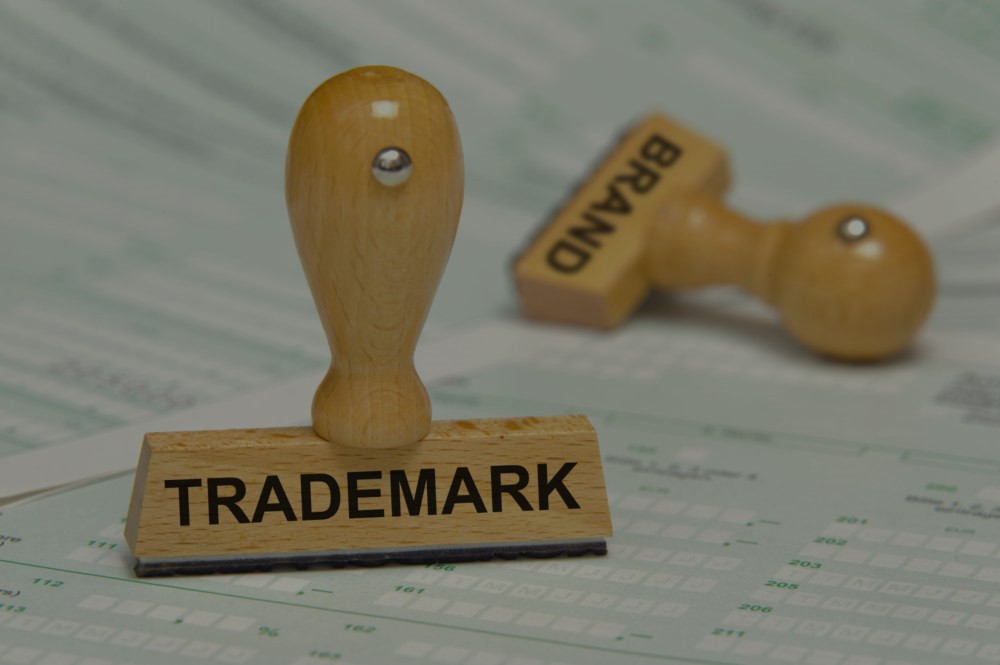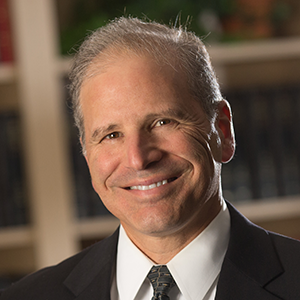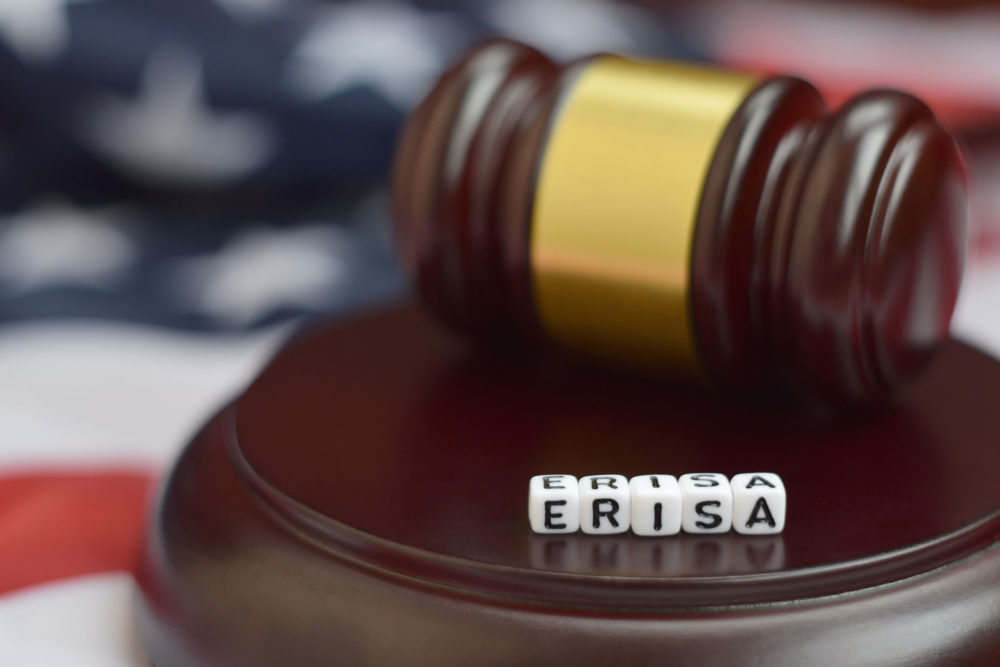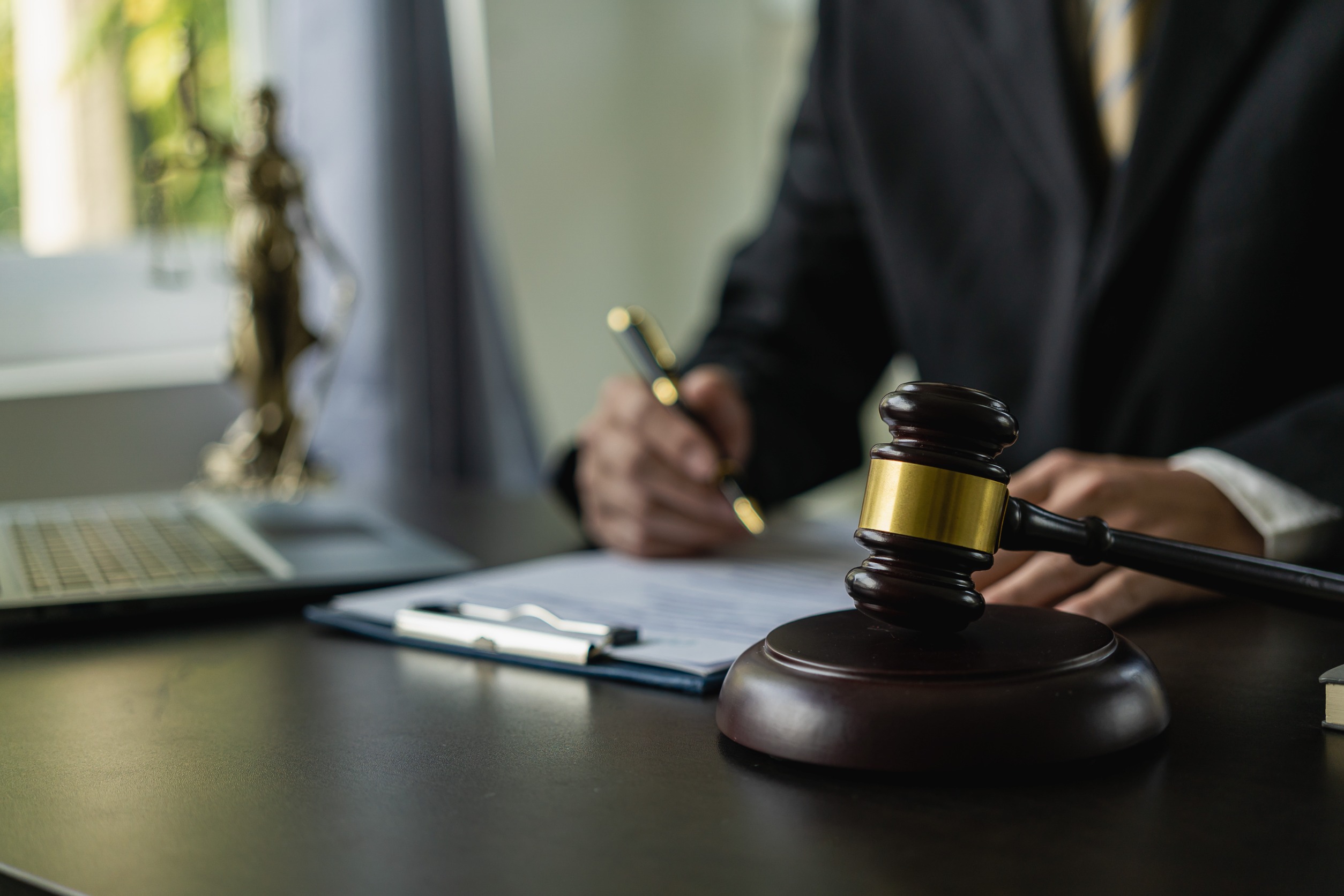Broadcast Date: Thursday, July 30, 2020
from 3:00 pm to 4:00 pm (ET)
Overview:
There are two kinds of trials in the U.S. — bench trials and jury trials. Unless a party asks for a jury, civil cases that proceed to trial will most likely be tried without a jury. This is even more so now that courts are postponing jury trials to help stem the spread of the coronavirus in the country.
It is, therefore, crucial for legal practitioners to be conversant with the nuances of a non-jury trial. Failure to understand and respond to the unique challenges posed by these nuances can hamper a practitioner’s chance of winning a case.
In this LIVE Webcast, seasoned trial attorneys Paul Sinclair (Sandberg Phoenix) and Peter Turner (Meyers, Roman, Friedberg & Lewis) will provide the audience with a comprehensive discussion of how to handle non-jury trials. They will dig deeper as they analyze the latest trends, developments, and challenges in this field of litigation. Speakers will also offer effective litigation practices to help practitioners ensure that they are positioned for success even during a pandemic.
Some of the major topics that will be covered in this course are:
- Jury Trials vs Non-Jury Trials
- Non-Jury Trials: Common Risks and Pitfalls
- Key Takeaways from Notable Cases
- COVID-19 Non-Jury Trials
- Best Litigation Practices
Credit:
Course Level:
Intermediate
Advance Preparation:
Print and review course materials
Method of Presentation:
On-demand Webcast (CLE)
Prerequisite:
Experience in Litigation
Course Code:
148960
NY Category of CLE Credit:
Skills
Total Credit:
1.0 CLE
How to Claim CLE Credits Per State:
https://knowledgewebcasts.com/how-to-claim-cle-credits-per-state/
CLE State Requirements:
https://knowledgewebcasts.com/cle-state-requirements/
CPE State Requirements:
Speaker Panel:
Paul Sinclair, Counsel
Sandberg Phoenix
Paul Sinclair offers Sandberg Phoenix clients the benefits of his more than 40 years of experience as a first chair trial lawyer in jury, non-jury and arbitration cases, and representation of secured and unsecured creditors. Paul also has a wealth of experience in representing business debtors, guarantors, committees of unsecured creditors and equity security holders, receivers and liquidating trusts in commercial disputes, business restructuring, workout and bankruptcy matters.
Peter Turner, Esq., Chair, Civil & Commercial Litigation Group
Meyers, Roman, Friedberg & Lewis
Peter Turner, Chair of the Meyers Roman Civil and Commercial Litigation Practice Group, is approaching his 40th year as a trial attorney. After beginning his career in the law serving four years as a Judge Advocate in the U.S. Air Force, Mr. Turner has represented clients and tried cases in a variety of business, commercial and personal disputes through all forms of dispute resolution.
Mr. Turner has tried cases before judges and juries involving issues ranging from contract, tort, internal governance, ownership and succession issues, employment, wrongful death, products liability, professional liability, unfair competition, trade secrets, construction, UCC and banking practices matters. He continues to represent parties in cases in state and federal courts before judges and juries as well as in all forms of alternative dispute resolution proceedings.
Agenda:
SEGMENT 1:
Paul Sinclair, Counsel
Sandberg Phoenix
- Major non-jury cases and issues involved:
- First National Bank v. Centennial Park LLC and Individual Guarantors – Judicial foreclosure of large subdivision development with very wealthy doctor and real estate developer as guarantors – Valuation of ongoing real estate subdivision at a downturn in the economy and very slowing sales of lots – Lender wanted to take a large deficiency – Was the lender underwater on the valuation of the subdivision? Expert real estate appraisers with differing, contested testimony. Trial took multiple weeks.
- Bankruptcy Trustee of Payless Cashways versus a dozen corporate defendants which had received major payments in the 90 days prior to bankruptcy. Issue was solvency. Valuation of building materials retailer as its value was sliding into insolvency. Court ruled that it was solvent for 67 of the 90 days of bankruptcy, so preferences only recoverable if payments made in the last 23 days. Trial took three weeks.
- Collet v. American National Stores – Twenty plus years remaining on a defaulted large retail leasehold building. Two issues: (1) duration and amount of future rent under a defaulted long term lease where damages are difference between contract rent and market rent; and (2) Piercing the corporate veil to the New York Stock Exchange listed parent corporation on subsidiary’s rental liability. Issues in piercing – manipulation and valuation as the subsidiary slid into default, including undercapitalization. Trial of piercing issue took three weeks.
- Brooke Insurance Group Trustee v. Dozen defendants. Bankruptcy Trustee sued for “fraudulent transfers” which are technically any payments by an insolvent corporation which files bankruptcy. When did the company become insolvent.
- Spectrum Real Estate Development Company v. Defaulting Corporate Day Care Tenant. Defendant alleges conditions for lease were not timely performed.
- Issues involved in Jury Trial Waiver:
- Contractual waiver of jury trial.
- In bankruptcy, filing of an appearance of counsel or filing a proof of claim (even by the claimant) waives a jury trial.
- Jury trials are more expensive but reach a quicker and more definitive (unappealable) result.
- Jury trial has 6 to 12 persons listening to the evidence – as such, they may take in more of the facts and have a better understanding of them than a single judge, who may be put to sleep for periods of a lengthy business trial.
- Is there some feature of a party which makes them unattractive. I remember one executive whose wife was badly injured in an auto accident, and the defense lawyer was able to paint her as a stay at home wife who spent her time at the country club and wearing expensive clothes. In a different case, I remember one non-jury trial (with several million dollars at stake) where the opposing party was an ultra-wealthy person with a large jewelry collection who participated in a week-long trial wearing really bland, non-descript clothing and no jewelry, to avoid being cast as she would regularly appear in her stylish, daily attire.
- Expert witnesses – practically all of my cases involve technical or valuation issues requiring expert witnesses. While bold, commanding experts may work well with juries, I find with judges, scope of knowledge, credibility, humility, and demeanor are the most critical components.
- In being successful with a case, is the key issue: (1) having the best facts and law, (2) establishing credibility with the judge, or (3) convincing --- almost to the point of intimidation – the opposing counsel that your side may prevail because it’s the correct and fair answer, so the other counsel knows that they must lean on their client to reach a fair settlement.
SEGMENT 2:
Peter Turner, Esq., Chair, Civil & Commercial Litigation Group
Meyers, Roman, Friedberg & Lewis
- Do you have a choice? If so, when is a non-jury trial preferable?
- Know the Judge
- Planning for and presenting at pretrial conferences, motion practice
- Dos and don’ts at the bench trial
Date & Time:
Thursday, July 30, 2020
3:00 pm to 4:00 pm (ET)
Who Should Attend:
- Litigators
- Trial Attorneys
- General Counsel
Join Over 160,000 Professionals Empowering Their Careers
Learn anywhere from over 3000+ live and recorded CLE, CPE & Technology Webcasts.

